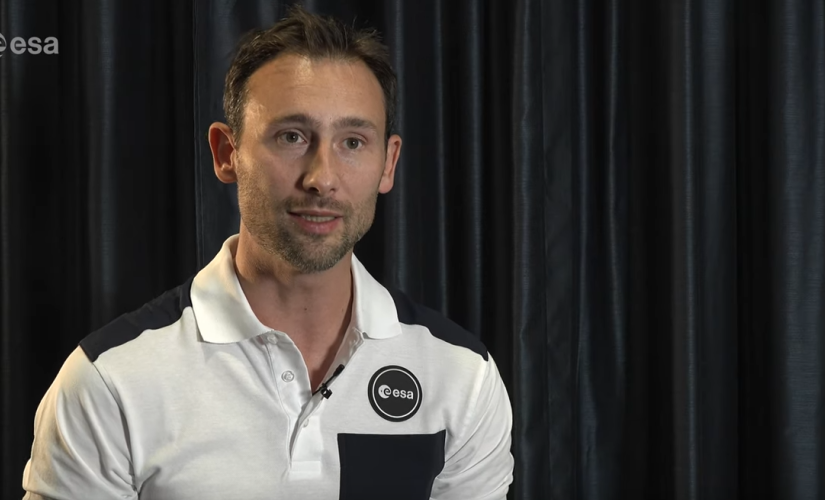From Lodz University of Technology...
Slawosz Uznański is a graduate in Applied Electronics. He prepared his diploma thesis under the supervision of Professor Zygmunt Ciota from the Department of Microelectronics and Computer Science at the Faculty of Electrical, Electronic, Computer and Control Engineering (2008). He finished his studies ranked 3rd out of 98 graduates in his class.
As emphasised by the Dean of the Faculty, Assoc. Prof. Jacek Kucharski.
- On the diploma exam committee's report, which includes an excellent grade for the studies, there is a handwritten note, which is extremely rare in this form, stating that the committee unanimously decided to award an excellent grade due to his excellent diploma thesis and his answers during the diploma exam.
At the same time Slawosz Uznański was awarded a diploma from École Polytechnique de l'Université de Nantes. In fact, he was the first student at the EEIA Faculty to pursue a double diploma programme under an agreement concluded with one of the best French universities training engineers. Professor Przemysław Bąkowski was the supervisor of the diploma on the part of Polytech'Nantes. Two years after graduating in 2011, Eng. Uznański, M.Sc., obtained his PhD in microelectronics at Université d'Aix-Marseille. He was 27 years old at the time.
Into space and ...
ESA contracts will be awarded to six astronauts and 11 are on the waiting list. In the latter group is Sławosz Uznański. A press release from the Polish Space Agency POLSA reads - The former are virtually guaranteed flights to the International Space Station (ISS), and perhaps even to one of NASA's lunar missions carried out with ESA's participation. The latter can join them at any time and begin intensive training if ESA expands its manned programmes, in particular the use of the ISS.
To make it into this elite group, Dr Uznański had to beat more than 22,000 candidates from all over Europe in ESA's year-and-a-half-long selection process. Candidates were subjected to a variety of tests of knowledge of space and space technologies, intelligence and computational prowess, the ability to solve complex, unusual problems under time pressure, mental toughness and keeping a cool head under stress. They were subjected to detailed medical examinations and underwent a series of interviews.
and CERN
As POLSA reports, an additional advantage for Dr Uznański was the experience gained at the European Organisation for Nuclear Research (CERN) in Geneva. He works there as an operator of the Large Hadron Collider LHC. I specialise in the design of highly reliable electronics operating in radiation environments such as space accelerators and particles.
Researchers from Lodz University of Technology are also collaborating with one of the largest research centres in the world. It is worth mentioning that another doctoral thesis is to be defended in November in cooperation between the Department of Microelectronics and Computer Science and CERN.
Wojciech Cichalewski, Ph.D., from the Department, says:
My contacts with Sławosz Uznański mainly concerned issues related to accelerators. Because he took up a job in CERN, while I conducted research in cooperation with the DESY centre in Hamburg, we worked on various advanced linear and circular accelerator systems. Our interactions, although limited, were mainly concerned with the exchange of news and experiences regarding our work on X-FEL/FLASH and LHC accelerator issues and the search for possible fields of collaboration.
The selection of Dr Uznański as an ESA astronaut has been widely reported. As Grzegorz Wrochna, President of the Polish Space Agency, pointed out
- This is a great success of our astronaut, but also a distinction of Poland. Our development and civilizational progress that has taken place in recent decades has been noticed and appreciated by our European partners. During ESA meetings, I heard many warm words about our companies and scientists, who play an increasingly important role in ESA programmes. I hope that the selection of a Pole for the astronaut reserve will also be the best stimulus for further development of the space sector in Poland as a signal that the country's development is taking place through investment in cutting-edge technologies - including space technologies.

